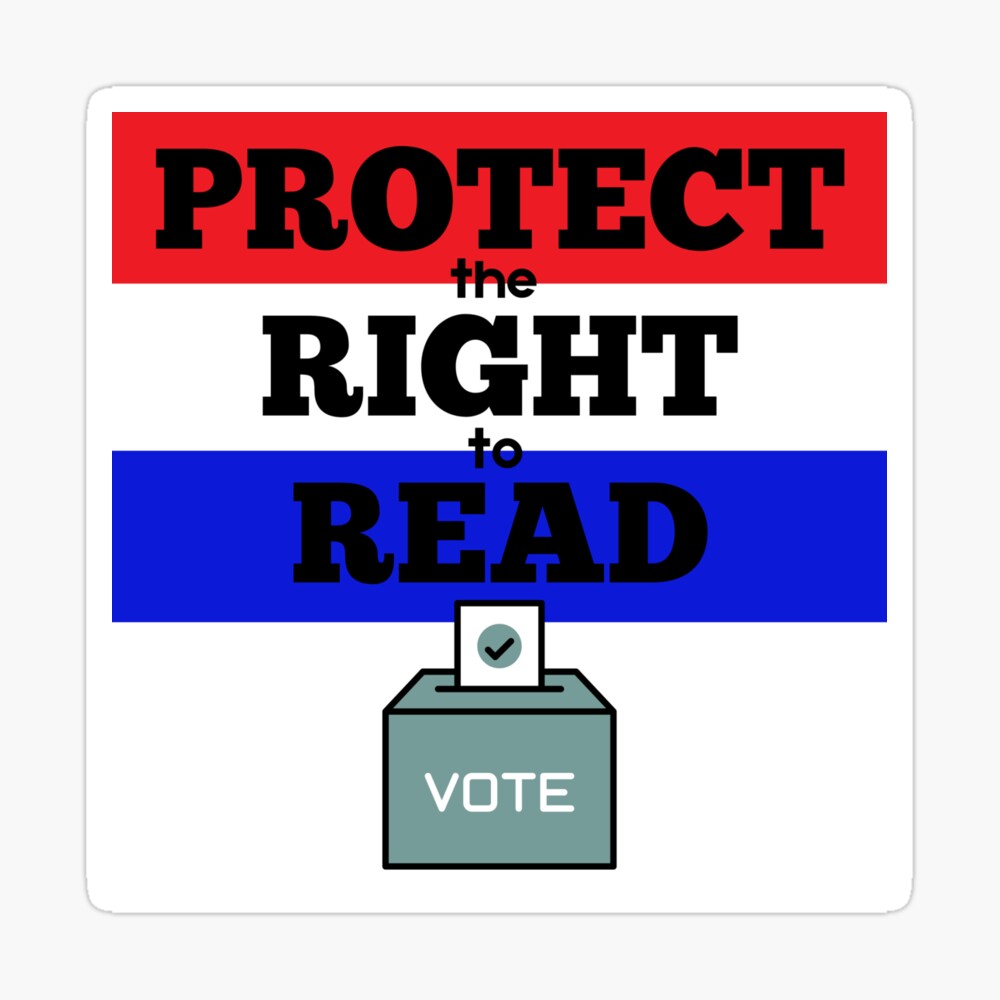Huge apologies to Chynna Laird. I was supposed to put her interview up first thing this morning, but in the middle of a very busy work week, I totally forgot until now. So, I hope you enjoy her interview below. Chynna is one of those amazing people who has loads on her plate and still managed to write not one but two books and get them published.
Before we start the interview, though, my quick check-in. No writing today. Urg! But, I did write yesterday, so here’s where I stand after yesterday:
Current word count: 16,036
Words written yesterday: 628
Words til goal: 23,964 / 352 words a day til end of September
Now onto Chynna!
Hi Chynna. Congratulations on your book, I’m Not Weird, I Have SPD, as well as your memoir, Not Just Spirited: Living With Sensory Processing Disorder, being released in August. Please give us a little background about these books.
Samantha, I am so thrilled to be here … thanks for having me. My first book, “I’m Not Weird, I Have SPD,” is a children’s picture book I wrote for my daughter, Jaimie. Initially, I wrote it to validate her feelings and assure her that there were other children in the world who felt the same way she did. Sadly, the book stemmed from an experience at the park where a small group of children made fun of Jaimie’s behavior and her “different” reactions to things. It hit me then that, not only did I need to help other people understand Jaimie, but I also needed to help her find the words to explain what she went through to others.
Several months before this incident, I did some of my own research to understand what she was going through: I put on itchy, uncomfortable clothes (like tight-fitting or wooly/scratchy materials), I tried walking around with my shoes on the wrong feet, I shined a very bright light into my face trying to work, I put heavy winter clothes on when it was hot outside and I tried doing things with my left hand instead of my right. I know these may seem like extreme things, but these are how the world around us feel to children with SPD every day, and being a yearly volunteer for the SPD Foundation’s “National Sensory Awareness Month” in October, I already had ideas how to help me become more sensory smart.
All I wanted to do was get the slightest inclination of what it must have been like to be constantly bombarded with sensory stimulation that you can’t tune out. It wasn’t until I did these things that I saw the world through Jaimie’s eye. That’s when I had my “A-Ha!” moment and wrote the book.
The memoir is something I’d been working on for a couple of years. In fact, I was still writing it when my children’s picture book came out. I had a few agents and publishers interested in it, but it wasn’t a story that fit into their a usual editorial lineup—it was too much of a “specified niche.” But most of them told me to forge ahead and keep trying. The point of my memoir isn’t to say, “This is what you should do…” It’s to help other parents in the same position be brave enough to find the right help for their child no matter what obstacles get in the way. If you have a gut feeling that something isn’t right … if your child isn’t thriving the way he or she should … keep being that squeaky wheel until someone listens.
Did you always want to be a writer or did it come out of feeling as though you had something to say?
You know what’s funny? I’m not sure I always knew I wanted to be a writer—in a professional sense—but I’ve always loved reading and writing. I think, as you said, I’ve always had something to say so I wrote it down. I just didn’t have the confidence to believe others would actually want to read what I wrote.
It wasn’t until I wrote a story about a wonderful old man that made a huge difference to me during a very difficult time in my life that I felt brave enough to share my words with others. Someone told me to enter it in ByLine magazine’s monthly contests. Not only did it win first prize in the category (“Inspirational”), the editor of the magazine at the time told me to “Get out there and get this story published!” Within a month, it was published in Angels On Earth magazine and the rest is history.
Actually, I’m pretty choosy about where I send my stuff now as I don’t have as much time as I used to to send out a ton of queries. Also, a lot of people ask me to contribute now, but I guess I know that my name will be put with whatever I write, so I want it to … matter, you know? And recently my writing has focused more on children and families with special needs, particularly those with sensory issues or SPD.
You’re the mother of four children under the age of 6, and yet you still manage to make time to write, when you’re not finishing up your BA in psychology. When do you write and how do you fit it in your schedule?
This is a great question, because as my kids get older, and refuse to nap during the day, my writing time seems to get less and less. What I do is write around life. Basically, that means you just squeeze that writing time in around all the other activities you have going on.
Being a Mama is my #1, full-time job—everything else is secondary. The places I write monthly for understand my priorities, especially since I have two special needs children, a baby and another little girl who just needs her Mom’s attention. But editors with major magazines and/or publishers need you to meet deadlines in order to meet their own. If I absolutely need to complete something during the day when my kids are here with me, then I wait until snack time when they get to eat their snack and watch their television show. For that half-an-hour I meet a deadline or answer emails … whatever is more pressing. Then I give my kids my full attention until rest time. Jaimie and Jordhan don’t always sleep during that time (they are 6 and 4, respectively, after all!) but they must have a rest, which just means having some quiet time. It’s especially important for Jaimie who has a lot of difficulty with self-regulation—her rest is to help her calm down a bit so we can do her Sensory Diet exercises. It’s an entire process to help her organize her body.
During rest time, I do a bit of work for an hour or more if I’m lucky. Then I stay up a bit later to do some more. In total, I usually have about three or four hours to do some work. During the school year, I have to divide that between school and writing, then my “stay up a bit later” time is even later. But I can’t stay up late and get up early. We Mamas need our sleep or we can’t do our main job properly, right?
The key is not to get frustrated on days where the kids don’t nap the way they should or you can’t get everything done the way you want to. There will be days where you’ll get tons done and it all balances out.
Are you planning to write any more books?
I’ve just signed on with Sunrise River Press to write a book about the Sensory Diet. This is basically a holistic approach to treating children with SPD combining nutrition, exercise, physical activities and other stimulating activities accustomed to the child’s needs, skills and what he or she is good at. The key is focusing on the natural, holistic approach to treatment and healing.
I got the idea from years of research, interviews and helping to connect parents with the resources they want. Really, it’s for parents with sensory sensitive children who have gotten their diagnosis then are seeking the best possible ways to treat/cope with it. I’ve done the research so these parents don’t have to, and they can just take the information in the book and help their child. That’s very important.
Sounds great. What advice do you have for mothers and writers making time for their passion?
I believe we all need to have something in our lives we are passionate about that helps bring us back to earth and reconnects us to all the significant parts that make us whole: mind, body and soul. And if writing is that passion for you, then you should try finding a bit of time for it each day.
As I mentioned earlier, writing is therapeutic for me—it calms me and gives me a platform to express myself in a creative way. Being a Mom is very important to me, and my children mean more to me than anything in the world. But we mothers need to allow ourselves some time to explore the other sides of ourselves once in awhile. I’ve found since I’ve slotted a bit of time—whenever it may occur—to write … to be creative … to explore a part of me that isn’t “Mommy” … it replenishes the positive energy I need for my children. After all, I’m teaching my children that having some alone/rest time each day is important for the soul, so I should be doing the same.
So, try plugging into that passion—even if it’s just for a little while each day. Mamas need that time to connect to who they are aside from being a Mama. And whether your passion is writing, reading, dancing, sculpting or art, we should all have some sort of creative energy to tap into and recharge us.
Thanks, Chynna. Any tips on managing writing along with a family?
It can be very difficult to squeeze that writing time in when children are young because they need you so much during the early years. They want, and need, our attention as they explore their little worlds. And when you have special needs children, they need even more of your time.
I’ve always tried looking at our situation like we’re a team and each of us has to do his or her part in order to make things run smoothly. I’m very lucky to have such a fantastically supportive partner, Steve. He is a very “hands-on” Dad. He comes home and helps out with the kids so I can fix dinner, he helps me with housework if I get behind, and he gives me a couple of hours to myself every weekend to go off to a coffeehouse to do some work. I think one of the most important things we do is have dinner together. We sit around the table every night—no matter how chaotic it gets—for a meal. We talk, laugh, discuss how to help Jaimie through something she’s worrying about, etc. We’ve found this time helps to connect us, even if it gets really loud some nights!
I’d have to say that the key component in managing a busy career with a busy family is balance. Balance is everyone working together, everyone practicing good communication, mom/writer knowing what her limits are and working within them, and mom/writer not taking on more than she can handle at a time. The last tip was hardest for me because I’ve always been the sort of person who needs to be doing several things at once. It becomes a problem when you have so many things on the go, you can’t give any of them your 100% attention. So, in the end, your family dynamics suffer and your writing suffers. Knowing what you can handle and when is the best way to ensure you do everything you take on to the best of your ability without wearing yourself out.
Wow! Great advice, Chynna, for all of us writers balancing our writing and the rest of our life. I absolutely agree that making the time to do what we’re passionate about is so important.
Check out Chynna’s books, and if you have questions for her, post them in the comments. You can also find out more about Chynna on her website, and hear more from her at her blog.







One Response
Hi Samantha! Absolutely no worries at all. I’m just glad everything is okay with you! =)
Thank you so much!
Chynna